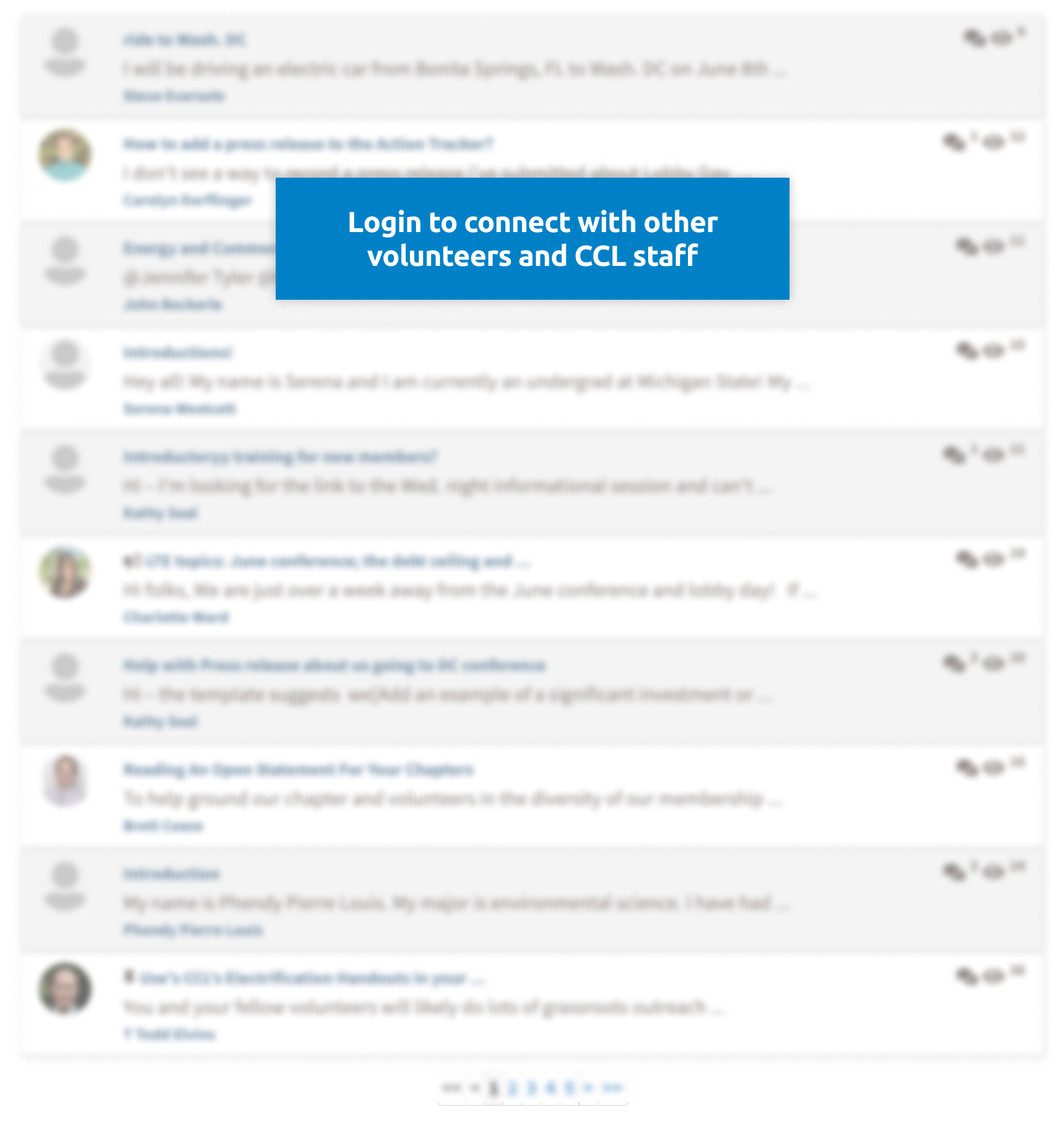Login
List of Events
Sort By Date
Starts:
12/27/2025 7:00am PST
Starts:
12/29/2025 5:00pm PST
Starts:
12/30/2025 2:00pm PST
Starts:
01/03/2026 12:00pm PST
Starts:
01/04/2026 12:00pm PST
Featured Recent Discussion
